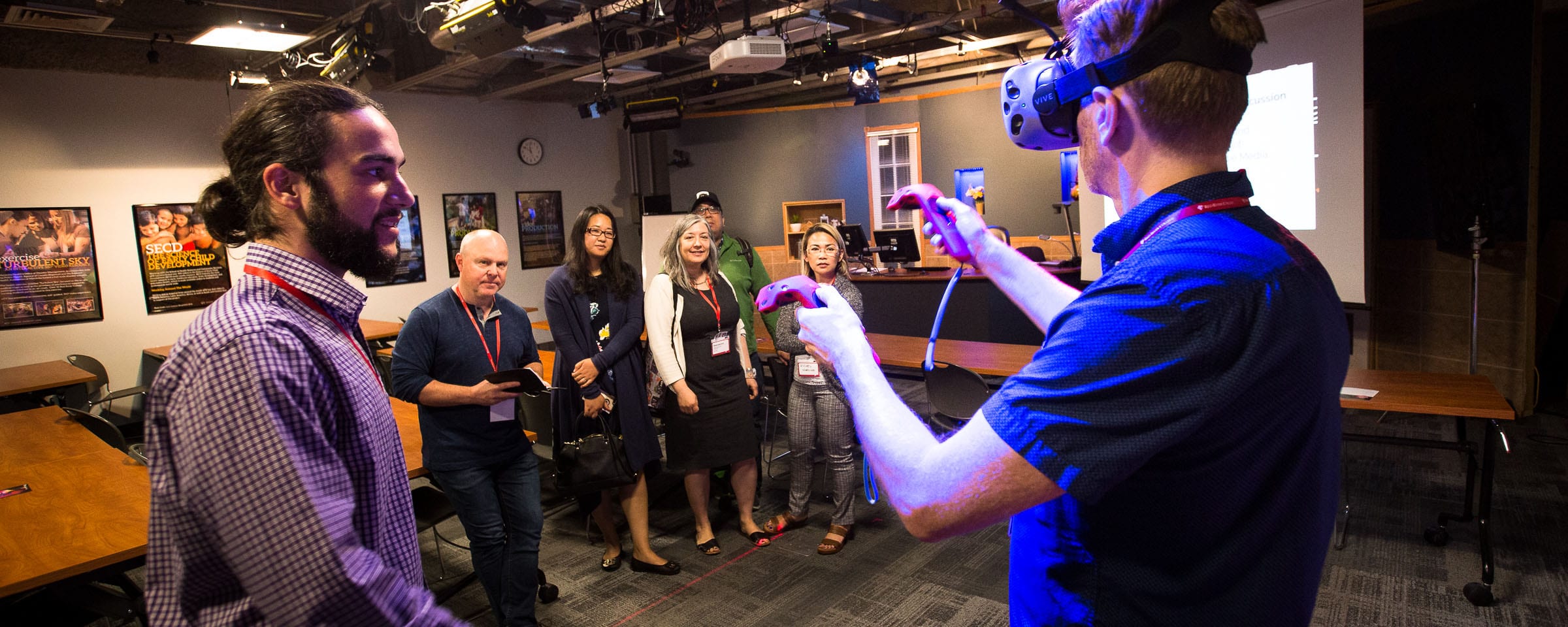Writing Matters Topic #2: Pluralization
These are our English pluralization rules:
- For nouns ending in a consonant, add the letter s to make the noun plural (e.g., books).
- For nouns ending in ch, x, s, and s-like sounds, add es (e.g., witches).
- For items ending in y, change the y to an i and add es (e.g., supplies).
- For some nouns, use the irregular plural form (e.g., children).
- For Latin and Greek nouns, use their respective plural forms (e.g., syllabi).
- For acronyms, add an s (e.g., NGOs).
- For years, add an s (e.g., the 1980s).
- For credentials, add an s (e.g., PhDs)
- For profession acronyms, add an s (e.g., MDs)
- For single alphabet letters, use an apostrophe + s (e.g., She got four A’s and two B’s.)
- For reference to plural words, use an apostrophe + s (e.g., The sentence has too many and’s.)
Taking these rules into consideration, what do we do with our ABCs and 123s?
Can you ever use an apostrophe with this example? Yes, if — and only if — ABC is written in lowercase (i.e., abc). In this case, use the apostrophe + s (e.g., your abc’s and I23s). This is done because abcs looks confusing. Note, however, that 123s remains the same (unless, of course, you are referring to a robot named 123 and you wish to convey that something belongs to robot 123).
For more on pluralization, here’s a great resource: Plural Noun Forms.
